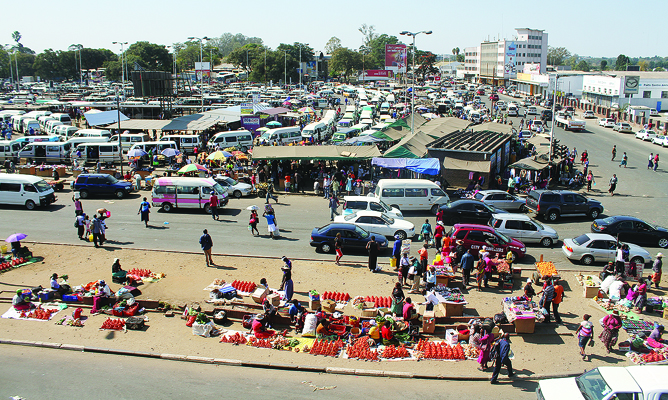
A staggering 87 juvenile vendors out of 4 090 between the ages of 12 and 14 are reportedly pregnant, a research by Vendors’ Initiative for Social and Economic Transformation (Viset) has established.
BY SILENCE CHARUMBIRA
Viset said the children were subjected to various forms of abuse from established vendors, municipal officers and sometimes members of the Zimbabwe Republic Police and noted that there was high prevalence of sexually transmitted infections in areas like Epworth, Masvingo and Ngundu.
The research report released yesterday was conducted with a sample of 4 090 juvenile vendors across the country at growth points, towns and cities. It said young vendors were subjected to, among others, physical, sexual, emotional and psychological abuse.
The research was conducted from October 1, 2015 to January 25 this year and noted that there was a worrying trend of a massive increase in the number of juvenile vendors as a result of the failure by parents or guardians to raise school fees for their education”.
“Viset has compiled statistics on these abuses that include, among other things, physical, sexual, emotional and psychological, but will not publish such to protect the victims,” the report said.
The research targeted areas like Domboshava, Epworth, Mbudzi Roundabout, Mbare, Gweru, Ngundu, Beitbridge, Masvingo CBD and Mutare.
- Chamisa under fire over US$120K donation
- Mavhunga puts DeMbare into Chibuku quarterfinals
- Pension funds bet on Cabora Bassa oilfields
- Councils defy govt fire tender directive
Keep Reading
The vendors’ advocacy group said in the meetings they held with the parents and guardians of the children, almost all families stressed the fact that they were willing to remove their children from the streets and send them to school, but had financial constraints.
“Viset also sought to ascertain whether these parents/guardians were aware that sending their children/dependants into the streets to vend was against the laws of this country, and they gave varying responses,” the report said.
While some professed ignorance, others indicated they were victims of circumstances, but Viset said the majority of parents or guardians were not aware of the laws of the country in respect of child labour in particular and the provisions on children’s rights in general.
Viset boss, Samuel Wadzai called on the government to set up a commission of enquiry to ascertain the magnitude of juvenile vending in Zimbabwe.
He also said a revolving fund should be set up “to assist parents or guardians of juvenile vendors and train them to improve their capacity to do business profitably so as to help them to increase their household incomes so that they can be able to send their children to school and, as a result, remove them from the streets”.
Of the reported 4 090 children, 1 279 are not in school, while 2 346 are female.












